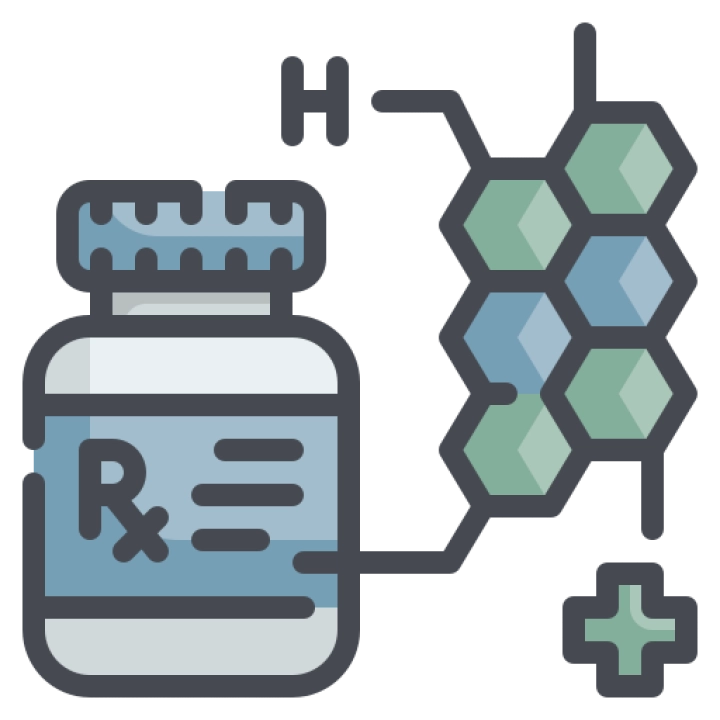Faculty: Graduate School of Health Sciences
This specialization focuses on the molecular and cellular mechanisms underlying human diseases and the development of targeted therapies. Students will study genetics, molecular biology, pharmacology, and translational research. The program combines theoretical knowledge with practical skills to prepare students for careers in biomedical research, clinical diagnostics, and drug development.
Learning Objectives:
- Understand the molecular and cellular basis of human diseases.
- Develop skills in molecular biology techniques and genetic analysis.
- Learn techniques for developing and testing targeted therapies.
- Explore the principles of translational research and its application in medicine.
- Understand ethical and regulatory considerations in molecular medicine.
- Analyze challenges and opportunities in the field of molecular medicine.
- Develop critical thinking and problem-solving skills to address contemporary medical challenges.
Main Outline:
- Introduction to Molecular Medicine
- Overview of the field, its history, and significance in modern medicine.
- Molecular Biology and Genetics
- Study of DNA, RNA, and protein interactions and their role in disease.
- Genomics and Proteomics
- Techniques for analyzing genomes and proteins to understand disease mechanisms.
- Pharmacology and Drug Development
- Principles of drug design, development, and testing in molecular medicine.
- Translational Research
- Strategies for translating laboratory findings into clinical applications.
- Molecular Diagnostics
- Techniques for diagnosing diseases at the molecular level.
- Ethics and Regulatory Issues in Molecular Medicine
- Study of ethical standards and regulatory frameworks in biomedical research.
- Emerging Trends in Molecular Medicine
- Impact of new technologies, such as CRISPR and personalized medicine, on molecular medicine.
Assessment Methods:
- Laboratory experiments and research projects.
- Written assignments and research papers.
- Presentations on case studies and innovations in molecular medicine.
- Participation in group discussions on contemporary issues.
Recommended Textbooks:
- "Molecular Biology of the Cell" by Bruce Alberts, Alexander Johnson, Julian Lewis, et al.
- "Principles of Molecular Medicine" by Marshall S. Runge and Cam Patterson.
- "Genomes" by T.A. Brown.
Prerequisites:
Basic knowledge of biology, chemistry, and genetics.
Duration:
Four years, combining lectures, laboratory work, and research projects.
Certification:
Degree in Molecular Medicine, as per the program.
Target Group:
Undergraduate and graduate students in biology or medicine or related fields, and professionals seeking to enhance their skills.
This specialization prepares students to understand and treat diseases at the molecular level, leveraging theoretical knowledge, practical skills, and emerging trends in molecular medicine.



